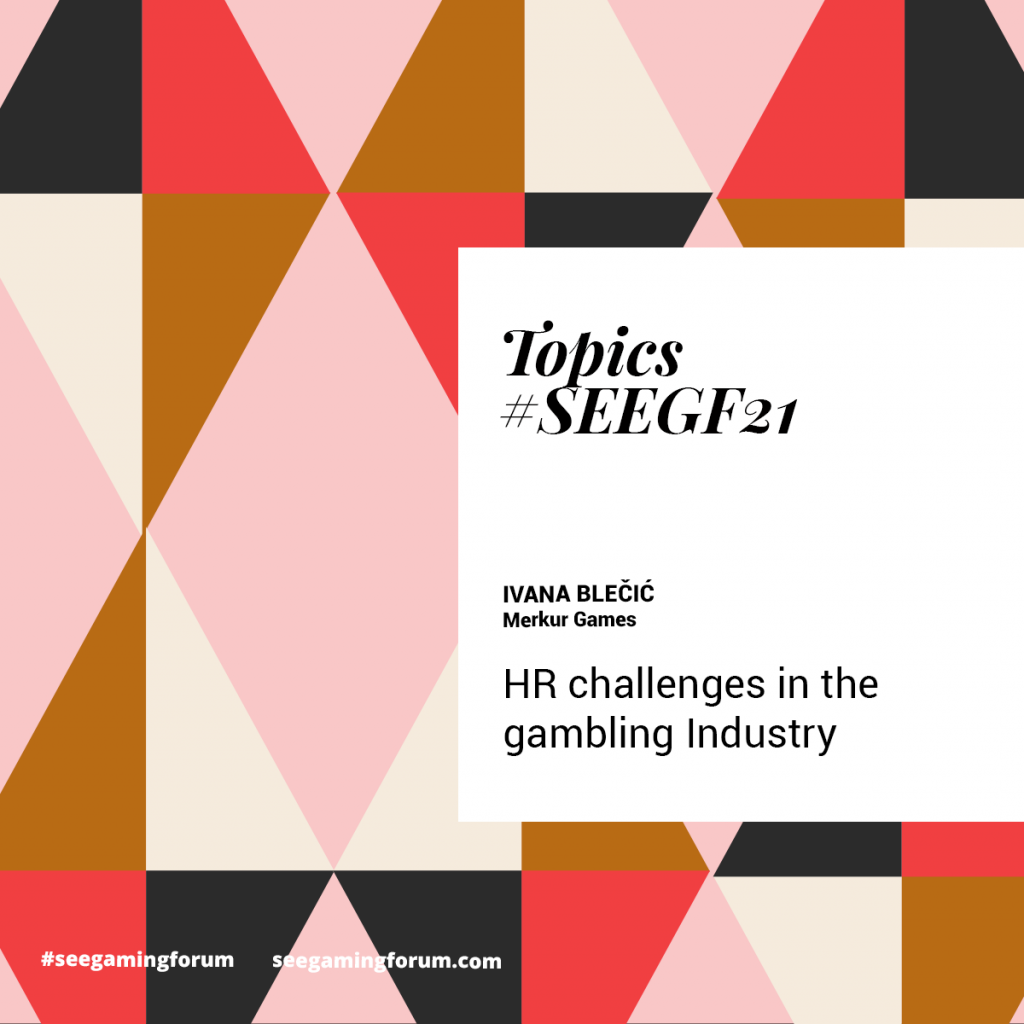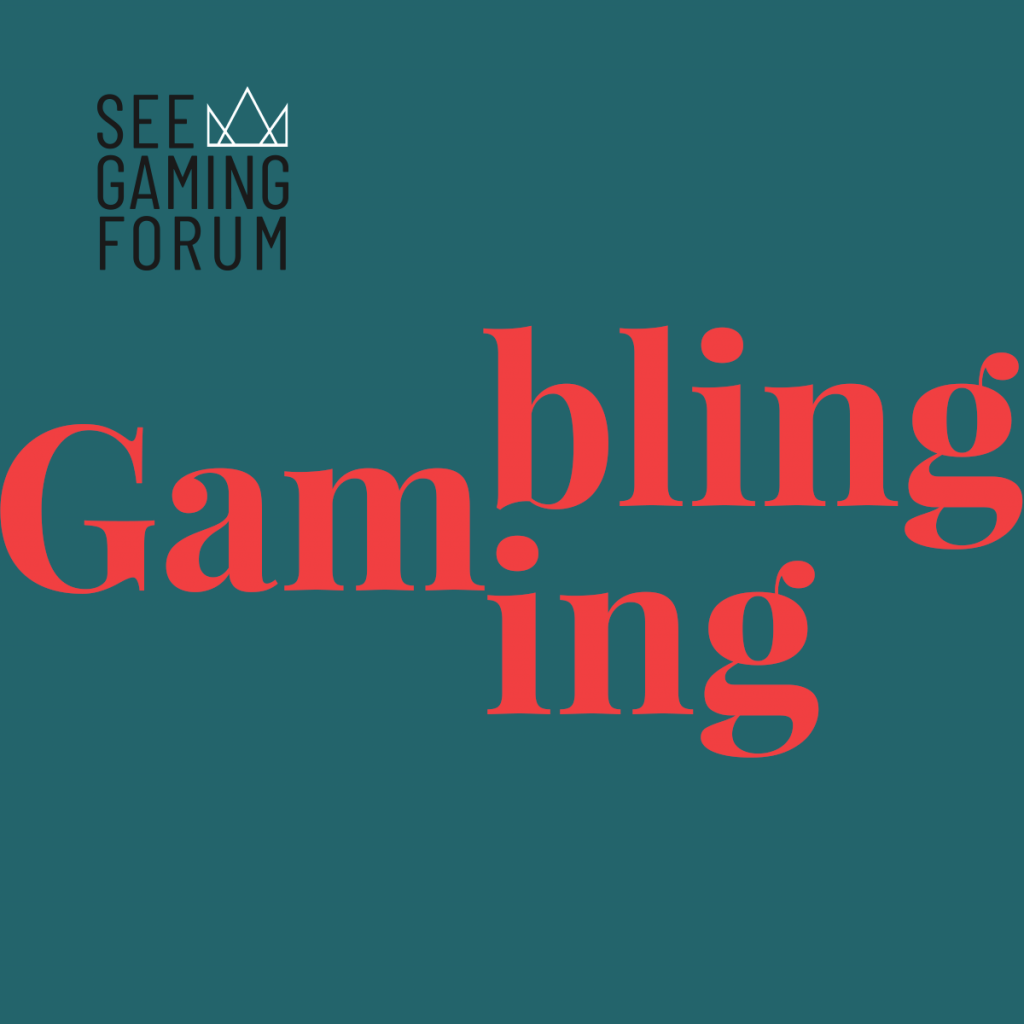by Milica Delević, Delewhite Gaming Consultancy
Milica has advised various clients from the gaming industry across Europe on different compliance matters. In this article, she gives a comparative overview of the best practice of regulatory framework for providing a prosperous industry ecosystem. She is also explaining how is the industry responding to the Coronavirus pandemic.
Gambling is a legitimate and mainstream entertaining activity, but one which requires a governance framework of robust and progressive legislation and regulations.
Ideally, a regulatory framework should ensure that commercial, governmental and, most importantly, social objectives are balanced and protected. With priority given to (i) protecting vulnerable persons from being harmed by gambling, (ii) safeguarding customers, by ensuring that gambling options are safe, transparent and fair and (iii) combating illegal gambling activities, whilst guiding and supporting the licensed operators with thoughtful legislation.
Well-regulated markets are those in which operators have transparent and unambiguous regulations and requirements. Consumers are protected and have the confidence to participate in fair and secure gambling activity, and the governments are able to collect necessary tax revenues whilst minimising risk for any potential negative societal impacts.
COVID 19 isn’t just a virus, it’s a test of our systems and the regulations within these systems.
It’s important to point out that many countries do have a clear and robust legal framework and regulations which are satisfying these priority areas in some form (trend indicates more countries are moving towards this model of regulation), but what sets apart the leaders from the rest, is the ability of regulators to efficiently execute on these priority objectives, as well as industry operators themselves working towards common goals and establishing best practice processes.
In the fight against the Covid-19 pandemic Malta, the UK and Spain are amongst some of the many countries which have taken additional player protection measures during these times. We see these countries enforcing stricter policies and imposing legal measures against marketing communication which makes reference to the disease or portraying gambling as a solution to social, personal or financial problems. Countries like Sweden went a step further and announced the implementation of mandatory weekly limits on bonuses, deposits and losses.
Also, recognising the importance of a greater focus on social responsibility during this pandemic, the European Gaming and Betting Association (EGBA) has issued new guidance on how operators and their members should promote their products safely and responsibly.
The current pandemic and lockdown has impacted sports across the world. This brings unforeseen challenges to the betting sector. At the same time, consumer patterns are changing and there is an increase in time spent on mobile devices. Consequently, some operators are adjusting to these challenges and shifting their traditional sports consumers to betting on eSports and other contingency. In order to safeguard the integrity of betting on eSports events, some regulators with a risk-based approach, like the Malta Gaming Authority (MGA), have provided recommendations and guidance specifically focusing on the risks associated with this transition.
Consumers, operators and regulators are the creators of the gambling industry ecosystem, while demographics, cultural and social differences shape jurisdictions and distinguish them, the fundamental principles of the regulatory frameworks are always the same.
COVID 19 isn’t just a virus, it’s a test of our systems and the regulations within these systems.
Risks are ever-changing and evolving, it’s our responsibility to quickly embrace and adapt.


